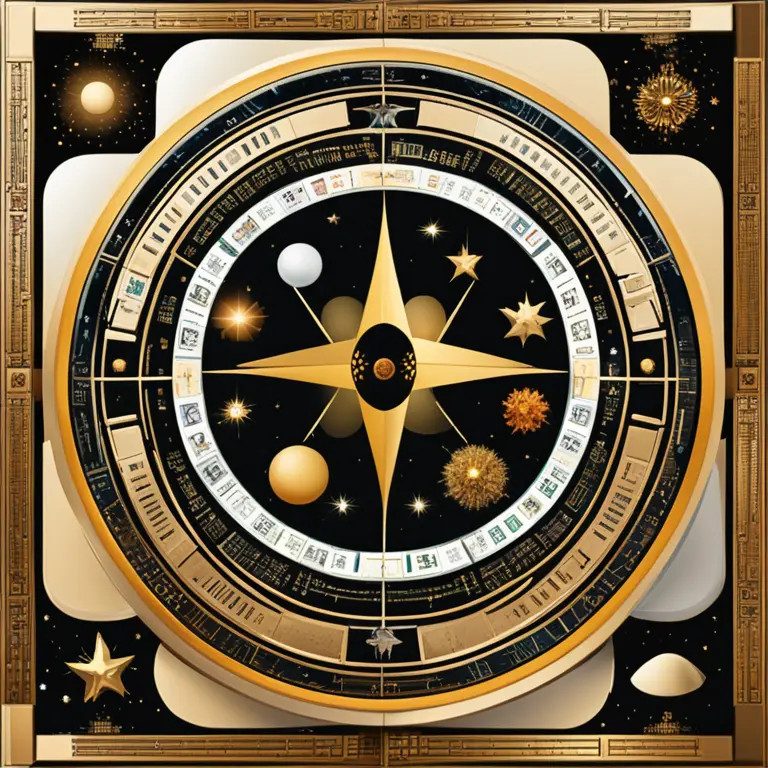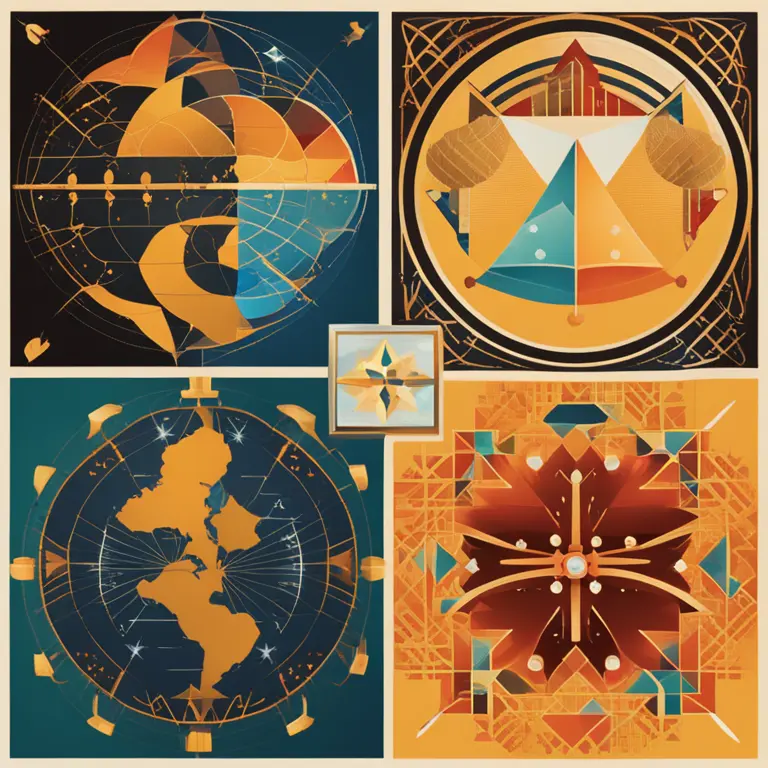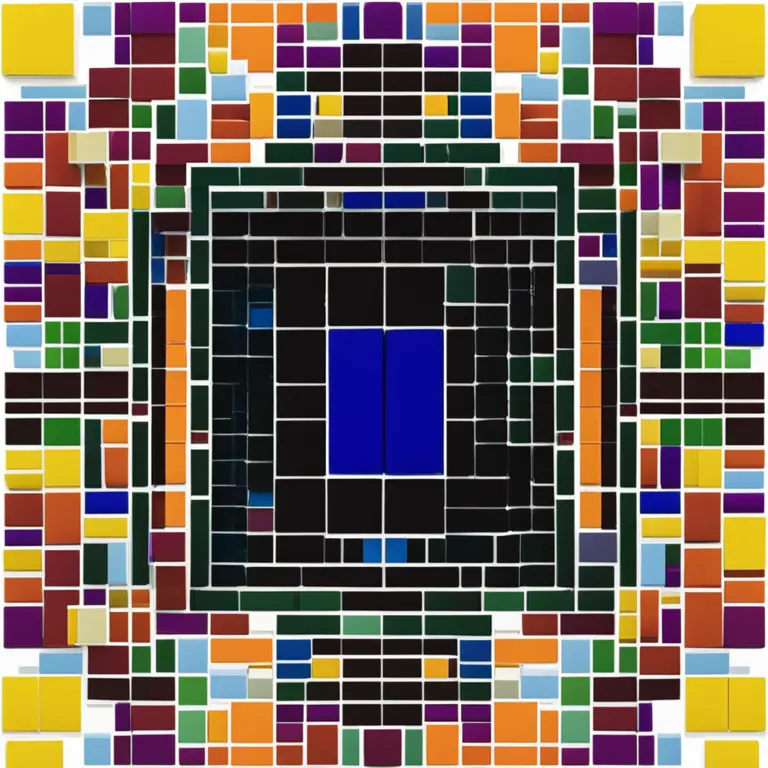
Astrological Insights: Did Stars Predict the Pandemic?
An examination of astrologers who foresaw the global disruption caused by the coronavirus, detailing their predictions and the astrological signs they interpreted as warnings.
article by Priya Deshmukh
Astrological Premonitions of Global Crisis
In the realms of astrology, the anticipation of major global events is often scrutinized through celestial patterns and alignments. As the world continues to grapple with the aftermath of the coronavirus outbreak, a retrospect on astrological predictions reveals a curious foreshadowing. Notably, a few astrologers hinted at the potential for a significant global upheaval correlating with the Saturn-Pluto conjunction that took place in January 2020. This cosmic event, which happens approximately every 33 to 38 years, has historically coincided with periods of intense transformation and crisis.

Specific Predictions and Astrological Clues
In the year leading up to the pandemic, select astrologers claimed that disruptions and challenges were on the horizon, drawing upon the Saturn-Pluto alignment in the sign of Capricorn, traditionally associated with societal structures and governance. The suggestion was that an event would catalyze global restructuring. Moreover, the presence of Jupiter in Capricorn was implied to potentially amplify the effects. These prognostications weren't explicit in envisioning a viral outbreak, but they set the scene for a year of pronounced transformation.

Analyses Post-Pandemic Onset
Following the outbreak's escalation in early 2020, astrologers have reflected on the planetary positions, seeking deeper understanding. The North Node's shift into Gemini, ruling over connections and movement, alongside the South Node in Sagittarius, the sign of international travel, has been posited as a cosmic indicator of the virus's rapid spread. Astrologers argue that this nodal axis shift, which took place in May 2020, signified a calling to reevaluate how we connect and communicate on a global scale.

The Broader Implications for Astrology
The pandemic's prediction ignites broader considerations about the role of astrology in forecasting and interpreting world events. Astrology, for many, is a methodology to seek understanding of both personal and collective experiences. The coronavirus pandemic has presented an opportunity for astrologers to reflect on the accuracy and nature of their predictions, inviting discussions about astrology's relevance in modern times. It raises questions about what is deemed ‘predictable’ and the ethical responsibilities that come with making public predictions.

Learning from Astrological Patterns
Following such unprecedented global challenges, astrologers and enthusiasts alike have examined past astrological cycles to identify any recurring themes. Learning from these patterns can offer insights into handling current crises and preparing for future ones. In this regard, astrology serves not only as a predictive tool but as a reflective one that enables individuals and societies to navigate uncertainties with greater awareness of possible cyclical trends.
Future Predictions and Astrological Preparedness
As the world moves forward, astrologers continue to analyze celestial configurations in pursuit of understanding potential future global events. The key takeaway is the importance of preparedness and the value of using astrology as a supplementary lens to examine and approach the complexities of human life. While astrology may not provide clear-cut forecasts, it contributes a unique perspective on the interconnectedness of cosmic and earthly dynamics.
Published: 2/5/2024
Modified: 2/5/2024
More predictions
Come back here soon to learn more about yourself and your future


The Zodiac Signs and their Influence
Delve into the intricate world of zodiac signs, where celestial alignments offer insights into personality traits, future forecasts, and life paths.


Zodiac Signs Insight
Delve into the enigma of the twelve zodiac signs and their influence on personality, future forecasts, and interpersonal relationships.


Zodiac Signs: Dates and Meanings
A concise guide detailing the dates and fundamental characteristics of the twelve zodiac signs.